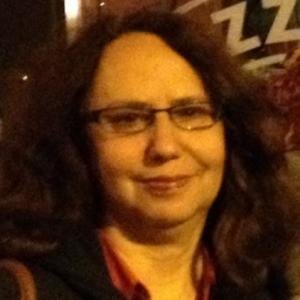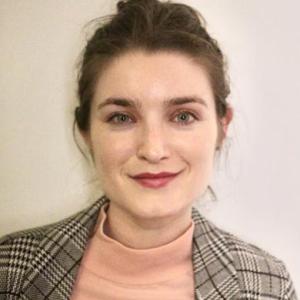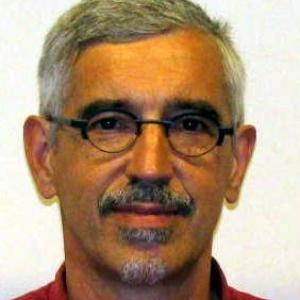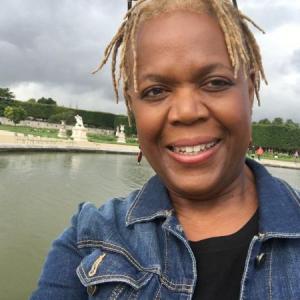Short description:
I am an associate professor of social work and the Executive Director of the National Resource Center for Family Centered Practice at the University of Iowa in the United States. I conduct research on child welfare services and human services workforce issues. In the School of Social Work I teach courses in child welfare policy and practice (on-line), as well as research and organizational theory. I am happy to be a part of this network.
Short description:
Jef Peeters, PhD sciences and MA philosophy, is a retired lecturer of Leuven University College (Belgium) where he has taught chemistry, ecology, philosophy of science and technology, social philosophy, social ethics and professional ethics. He is member of the independent Oikos, think-tank for social-ecological change.
From 2005 till 2010 he headed a research project ‘Orientation of social work towards sustainable development’, he still continues as a volunteer researcher of the group Social Policy and Social Work of the University of Leuven, and of the Center for Citizenship and Participation (UC Leuven-Limburg). This resulted, in addition to some articles, in two books in Dutch language about this issue: A resilient society. Social work and sustainable development (2010) and Resilience and Citizenship. Social Work in Transition (2015). His current focus is on the relation between social-ecological concepts such as ‘resilience’ and politics and social change, and on the meaning of commons for a change oriented social work practice.
Short description:
I am a Moroccan 23-year-old Master's student in the Sorbonne university in Economics and Psychology, and right now also an intern at UNESCO's Social and Human Sciences' sector. I would like to pursue an international/research-oriented career that focuses on sustainability and social justice with a particular focus on human rights, poverty relief, education improvement and socio-economic empowerment. I am also very passionate about volunteering and travelling worldwide.
Short description:
Research Fellow International Social Development at the University of Bedfordshire in the U.K. I lead a Masters in International Social Work and Social Development Programme. I work in an Institute for Applied Research working with young people and practitioners. My research interests include young masculinities, family work and social work pedagogy.
Short description:
Research fellow at the University of Bedfordshire, Institute of Applied Social Research. Currently undertaking a post doctoral fellowship on the impact of displacement on early marriage. Teaching commitments include unit lead on an MA International Social Work and Social Development.








